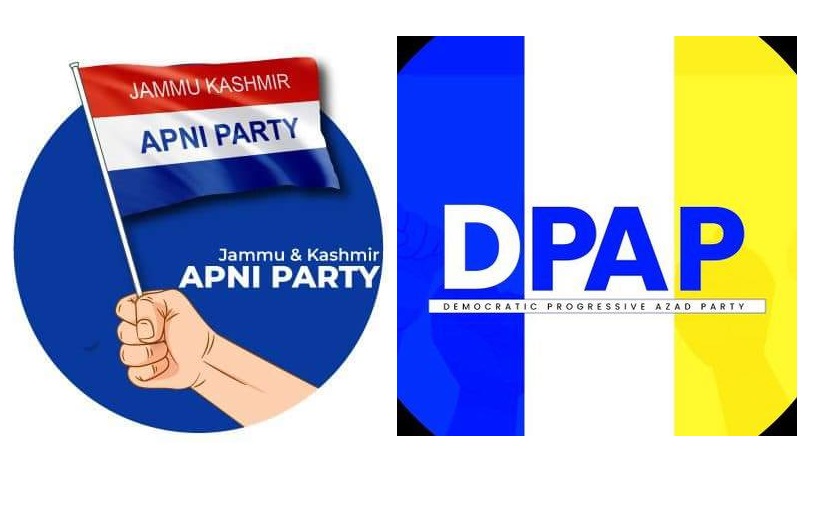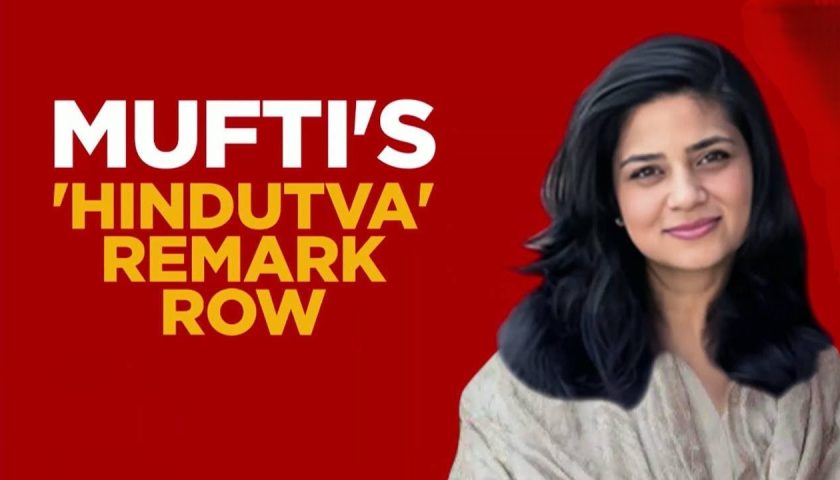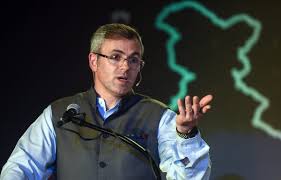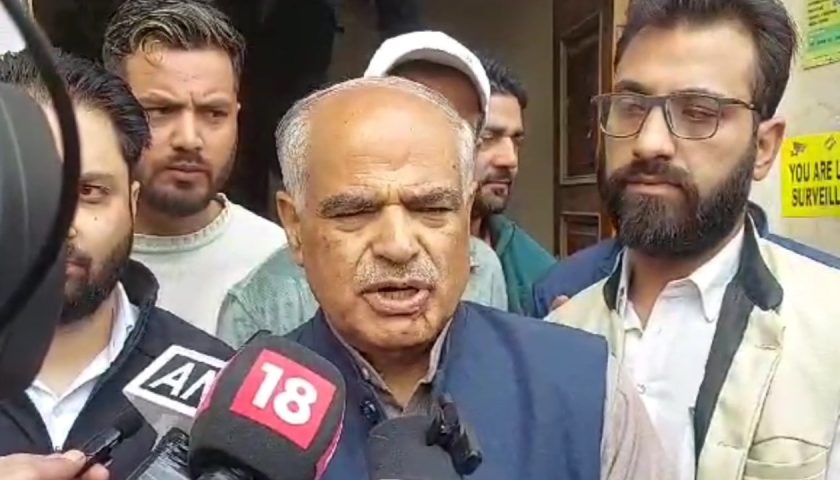“Political formations allegedly created in Jammu and Kashmir at the behest of New Delhi in recent years and touted as king’s parties are melting away even before the electoral test”
By: Aqib Ahmad
Srinagar: When Usman Majid, a seasoned Kashmiri politician, joined the newly formed Jammu and Kashmir Apni Party (JKAP) a few years ago, he was bubbling with hope and enthusiasm.
The party, created to fill the “political vacuum” and provide a “new platform” for the people, seemed promising.
Majid, appointed as vice president, believed it would offer an alternative to the existing political landscape. Yet, the reality was starkly different. The party struggled to sustain itself, and within two years, it began to crumble.
Launched in March 2020 by Altaf Bukhari, a former leader of the People’s Democratic Party (PDP), JKAP attracted around 40 politicians, many of whom had deserted the PDP.
These defections were seen as a fresh start, a chance to bring “relief” to the people facing challenges since the revocation of Article 370 on 5 August 2019. The party aimed to move away from Kashmir’s “entrenched dynastic politics” and promised to work with New Delhi beyond emotional issues, offering progress and development to the people.
Cascade of Resignations
The Election Commission of India announced assembly elections for Jammu and Kashmir to be held after a decade-long gap, with voting scheduled in three phases on 18 September, 25 September, and 1 October, and results to be declared on 4 October.
This announcement set the stage for a political showdown, with 90 assembly seats up for grabs. The last assembly elections in 2014 resulted in a coalition government between the PDP and the Bharatiya Janata Party (BJP).
However, ideological differences led to the government’s collapse in June 2018, leaving the region under the direct rule of New Delhi through a Governor followed by a Lieutenant Governor.
The resignation of key leaders like Zafar Iqbal Manhas, his son Irfan Manhas, former MLA Noor Muhammad, former legislator Abdul Rahim Rather, Tariq Ahmad Veeri and Junaid Azim Mattu dealt a significant blow to JKAP. But JKAP was not alone.
Almost all political parties that emerged after the abrogation of Article 370 have struggled. These include the Democratic Progressive Azad Party (DPAP), led by former Congress leader Ghulam Nabi Azad, and the People’s Conference (PC) led by Sajjad Gani Lone. Although the PC has been around for decades, it saw an influx of leaders from other parties post-2019.
In the past year, over a dozen top leaders have left Azad’s party, DPAP, which has struggled to remain relevant amid the evolving political scenario in Jammu and Kashmir.
Azad’s resignation from the Congress Party, reportedly due to differences with Rahul Gandhi, was followed by the formation of DPAP. Speculations about Azad’s proximity to the BJP, fueled by Prime Minister Narendra Modi’s praise for the veteran leader, led to rumours of an alliance, which Azad has denied.
In Jammu, many leaders, who had quit Congress to join Azad’s new venture soon left, disillusioned. The departure of former minister Taj Mohiuddin on 18 August 2024, who was a founding member of DPAP, was a significant setback.
Prominent tribal leader Choudhary Haroon Khatana from Kokernag in Anantnag district also resigned, citing the need to secure his electoral victory.
Similarly, Sajjad Gani Lone’s People’s Conference attracted several prominent leaders post-2019, including former Deputy Chief Minister Muzaffar Hussain Baig, former MLA Nizamuddin Bhat, and other influential figures. However, many of these leaders have since resigned and returned to their original parties.
BJP Tag Tarnishes Credibility
Political observers and disgruntled party members point to the recent parliamentary elections as a turning point, revealing the diminishing influence of these new political fronts and growing discontent among their ranks.
Many of these parties, unable to perform well in elections, even lost their security deposits. In search of the Midas touch to gain clout, the impression of being closer to New Delhi and the BJP proved a Sadim touch for all these parties.
The main reason cited for their failure was the perception that these parties were merely playing the role of the “B-team” for the ruling Bharatiya Janata Party (BJP).
Data from the Election Commission of India (ECI) for the Lok Sabha elections highlighted that traditional regional parties, including the National Conference (NC), the PDP, and Awami Ittehad Party (AIP) led by Sheikh Abdul Rashid, remained dominant in the Kashmir Valley.
Noor Mohammad Baba, a retired political science professor at the University of Kashmir, explains that political parties don’t emerge overnight; it takes decades for them to build a connection with the people. The absence of this deep-rooted connection proved detrimental to the new political fronts.
Usman Majid, now contesting as an independent candidate from north Kashmir’s Bandipora assembly constituency, realised his mistake of joining JKAP months before the parliamentary elections. “My dedicated cadres were unwilling to vote for a JKAP-supported candidate during the Lok Sabha elections,” he said.
The party’s perceived alliance with the BJP led to its downfall, he added.
Taj Mohiuddin echoed these sentiments, stating that despite no financial or official ties to the BJP, the DPAP was branded as the BJP’s “C-team”.
This perception, regardless of its accuracy, significantly damaged the party’s image. Taj Mohiuddin’s resignation, he says, was influenced by the stigma attached to the party’s association with the BJP, a narrative that was further amplified when Azad was appointed to the ‘One Nation One Election Committee’ by the BJP-led government in 2023.






